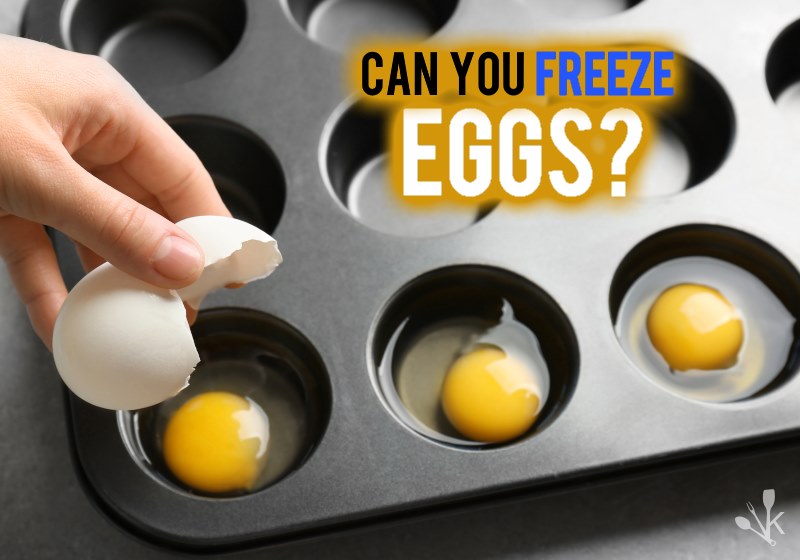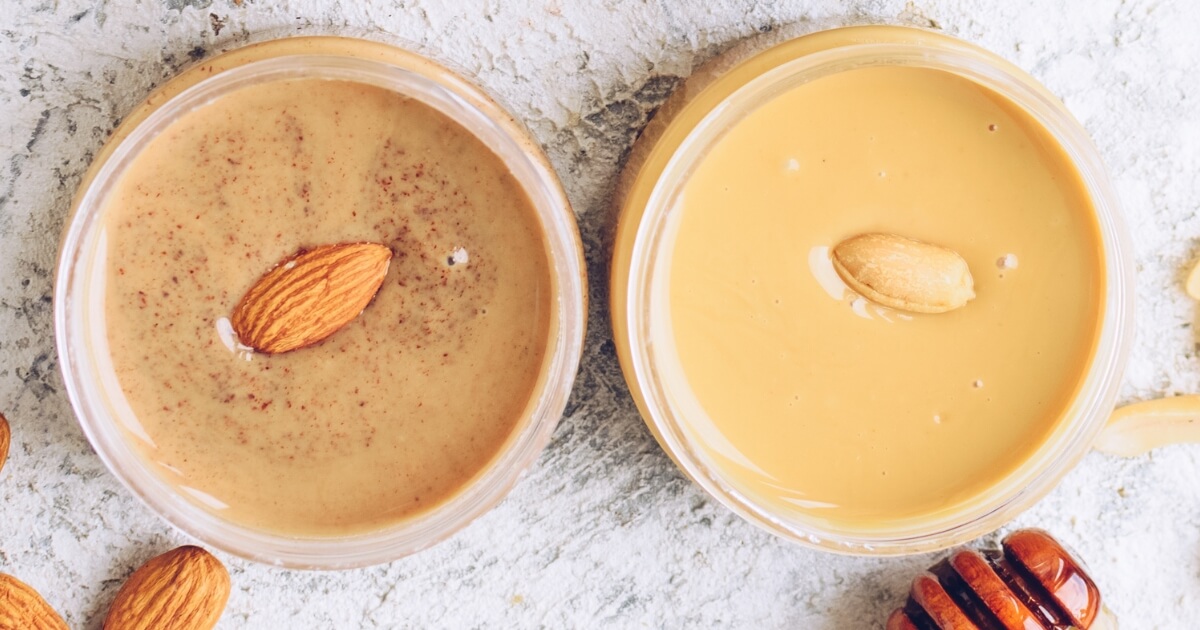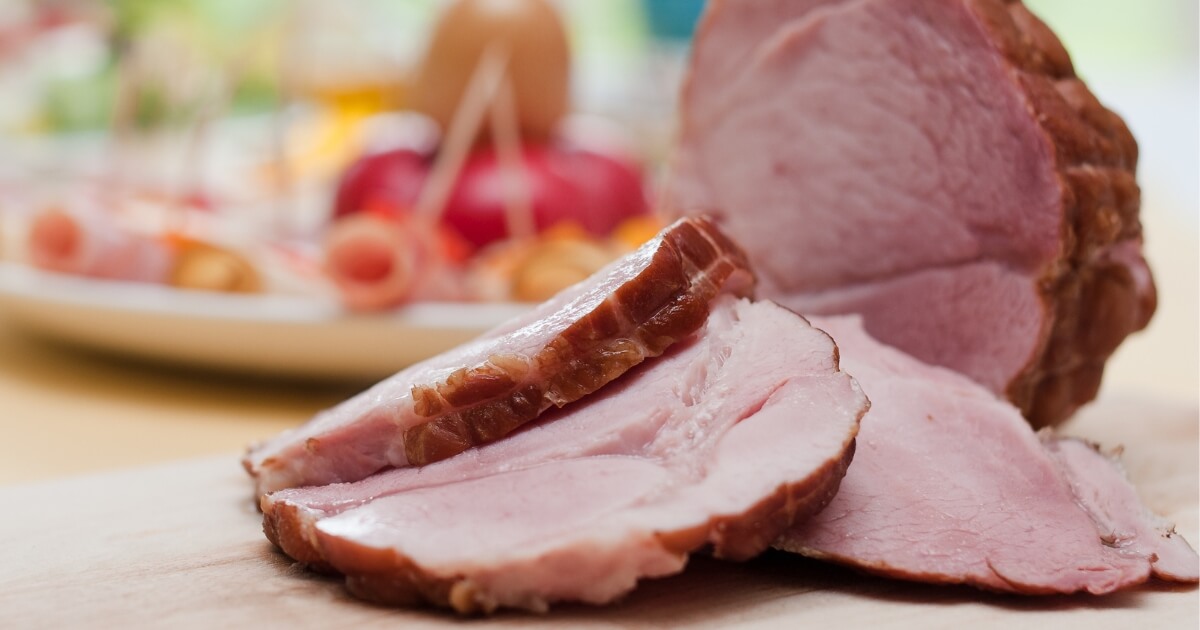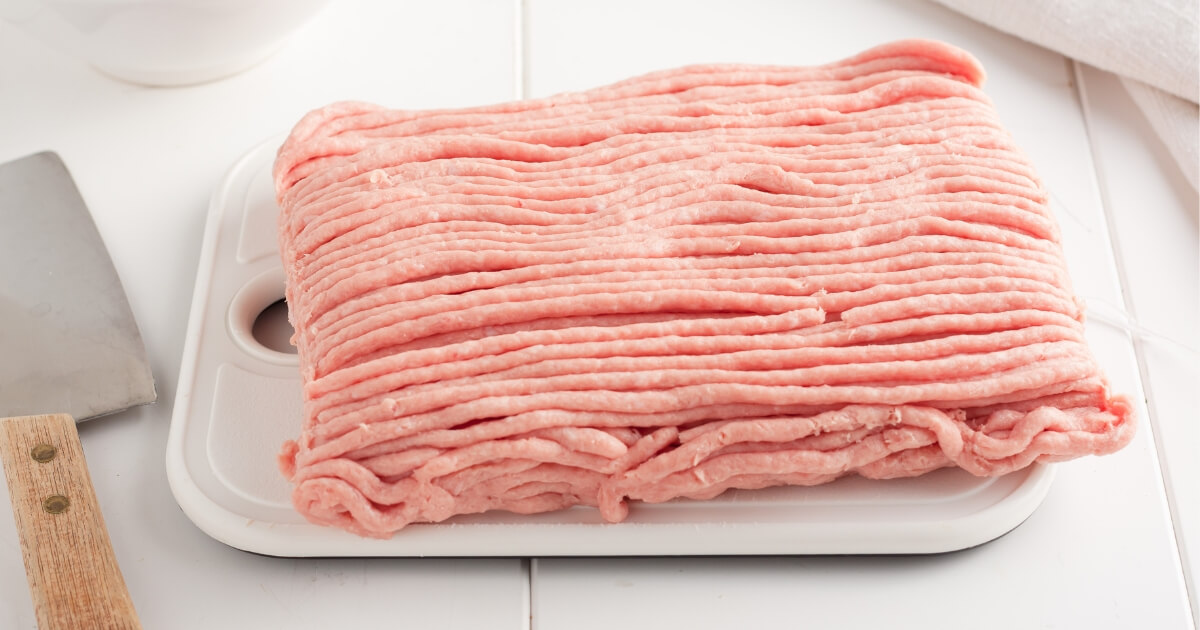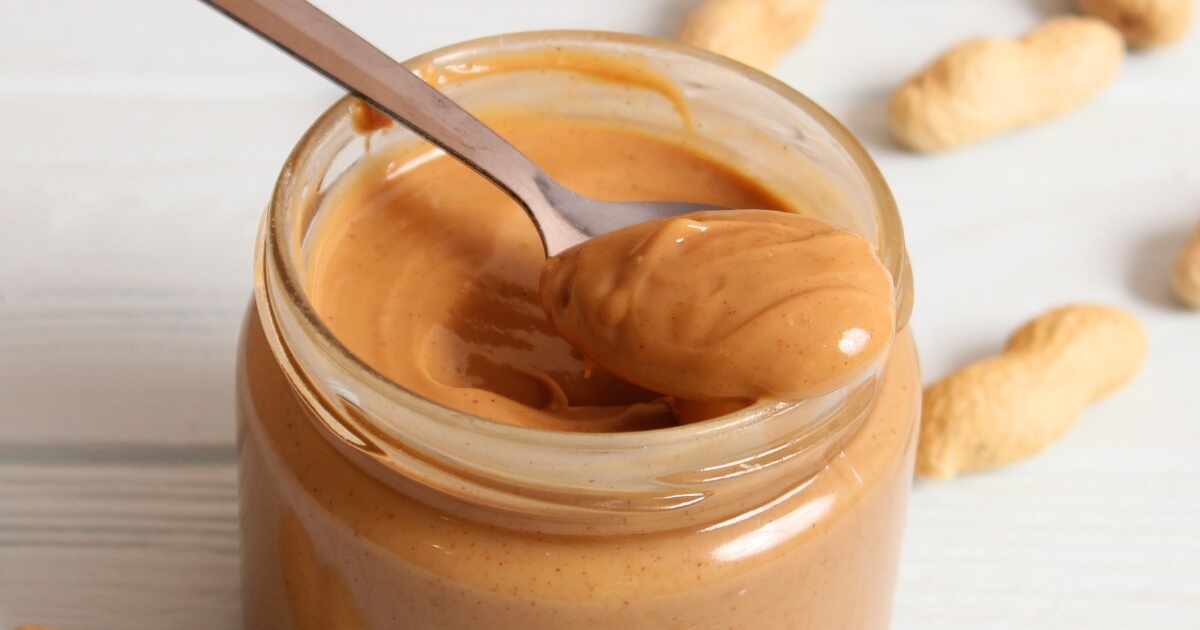Eggs are easy to find, low in cost and high in nutritional value. While they are a perishable food, you’ve got some time while your eggs are raw, hard-boiled or scrambled to put them to work.
Can eggs be frozen? Yes! Hard-boiled egg yolks can tolerate freezing for up to one year, raw and scrambled eggs can be frozen for three to six months. However, we don’t recommend freezing eggs unless absolutely necessary.
Mark any container in which you’ve stored eggs to keep them from spoiling before you can use them up.
Can You Freeze Scrambled Eggs?
The trick to scrambling eggs, cooling them and either freezing or refrigerating them is to remember two crucial features:
- Egg whites are high in water, but low in fat.
- Egg yolks are high in fat, but low in water.
When scrambling eggs, keep folding and moving them around to keep the yolk from scorching and cook off the water from the white. Never eat soupy scrambled eggs.
How To Freeze Scrambled Eggs
The best way to freeze scrambled eggs is by freezing them raw rather than cooked.
Consider baking rather than scrambling them. Scrambled eggs are inherently crumbly, and while that may be tasty the first time around, the reheating process can result in a grainy, unpleasant texture.
Food fans and cooking authorities offer a great recipe for baking your scrambled eggs. It’s not a souffle, nor is it a quiche. This recipe results in a solid pan of stable scrambled eggs that can be cut with biscuit patterns for a delicious breakfast sandwich.
How To Reheat Scrambled Eggs
You’ll want to microwave them in short bursts of 20 seconds until they’re warm. It’s important not to cook them again; the whites will likely not survive it and you’ll end up with soup. Your target is 165 degrees Fahrenheit / 74 degrees Celsius.
How long do scrambled eggs last in the fridge? Try to use them up within three or four days. Before refrigerating, put them in a container large enough that the eggs can lie flat with little layering.
You can then microwave them in this same container and hopefully you won’t see much standing water on your eggs.
Can You Freeze Boiled Eggs?
As previously stated, the water content in egg whites will not tolerate freezing. Raw eggs will break and boiled eggs will release all their water in the thawing process and develop an odd flavor while the white toughens and gets rubbery.
It’s important to remember that storing hard boiled eggs, properly refrigerated, will keep for one week. Storing them while frozen may last up to 1 year.
Once you’ve hard-boiled your eggs, you’ve got time before you need to worry about the freezer option, so consider making egg salad, deviled eggs or just slicing them and enjoying them sprinkled over greens.
Once the week is up, you need to address them or toss them, so peel the eggs and slice them in half. Discard the whites and store the yolks in an airtight container.
Remember that egg yolks have a high fat content and will take on flavors if exposed to air, so consider double wrapping them to keep them from absorbing odors.
How To Freeze Hard Boiled Eggs
The question of how to freeze boiled eggs is a question of last resort; unless you’re a big fan of egg yolks, plain thawed egg yolks may not be very exciting to the palate.
Thawing your egg yolks in the refrigerator, then crumbling them up and using them immediately might be the best way.
While the traditional use of crumbled egg yolk is in salads or over sandwiches, you can wrap them up into a breakfast burrito or stir them into a batch of winter greens with garlic and salt.
How To Reheat Boiled Eggs
It’s not a great idea to try to reheat or microwave boiled eggs frozen. Egg yolks are full of fat, but very low in water and any attempt to reheat it on the stove top will probably result in either sloppy crumbling or scorching.
However, frozen egg yolks, once thawed, can still be chopped. Adding them to hot food and letting them warm in the ambient heat is probably the best way to reheat the yolks and help them keep their shape.
Can Eggs Be Frozen Raw?
Eggs have high water content and should not be frozen raw while in the shell; it will shatter and release the water, leaving you with a gloppy mess.
However, you can freeze raw eggs in liquid form for up to six months per food storage experts with The Prairie Homestead.
You will need:
- Fresh eggs
- Airtight containers and a marking method to track the dates on your eggs.
Directions:
- Crack as many eggs as you like into your container (this will depend on the size of your household) and gently mix them together.
- You want to break the yolks but avoid introducing air into the mixture.
- Cover, mark with the date and freeze the container.
- When you’re ready to use it, thaw the eggs in the refrigerator and use as you would for scrambled eggs.
Be aware that eggs change in the freezing process. Water from the white may be released and need to be cooked off and the protein in the yolk may coagulate.
You may not get the same texture from previously frozen eggs as from fresh, but they should work well for egg casseroles, bread puddings and other egg dishes that introduce other textures than just eggs.
Handling Raw Eggs
Per food-handling authorities with the FDA, the greatest risk when handling raw eggs is salmonella. This food-borne illness can result in serious flu-like symptoms; it can also lead to organ shut down and death.
You can protect you and yours from this risk with some very simple steps.
- Wash everything, including your work surface, with soap and hot water before and after working with raw eggs.
- When purchasing eggs, always check the carton to make sure nothing is cracked or broken.
- Cook scrambled eggs until they are firm and any water has cooked away.
- Casseroles containing eggs should get to 160 degrees Fahrenheit / 71 degrees Celsius.
- Hard-boiled eggs must spend at least nine minutes in boiling water for medium eggs, twelve minutes for large eggs and 15 minutes for extra large eggs.
Final Thoughts
Eggs are a low-cost source of protein and can be served in a variety of ways to satisfy most any palate.
While eggs were once vilified for their high cholesterol content, more recent research indicates that a diet high in saturated fats is a greater risk factor for heart disease than cholesterol intake.
However, one egg does supply 2/3 of your daily cholesterol intake. Expert Kathleen M. Zelman recommends cutting back on saturated fats on days that you’ll be enjoying eggs to reduce the risk of cholesterol overload.
While cholesterol is a concern, eggs must be respected as a nutritional bonanza.
Per experts with World’ Healthiest Foods this versatile food is also a source of Vitamins B12, B2, D and A. In only 78 calories, you’re getting 13% of your daily protein needs, and choline and selenium for eye and brain health.
While it’s certainly possible to freeze your eggs, we recommend using fresh eggs for the best results for your breakfast and other recipes.
Did you enjoy this guide? Let us know in the comments with your experiences and best tips for freezing eggs.

